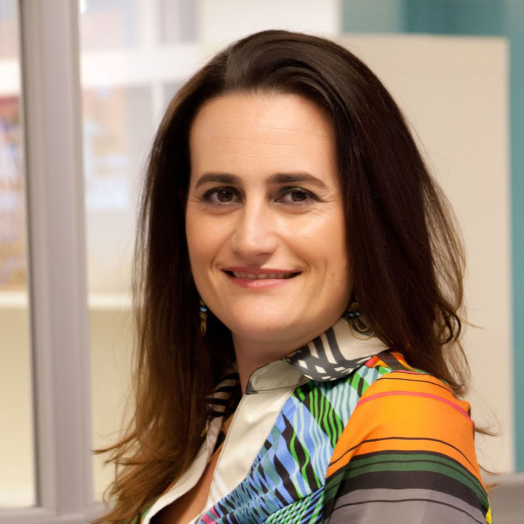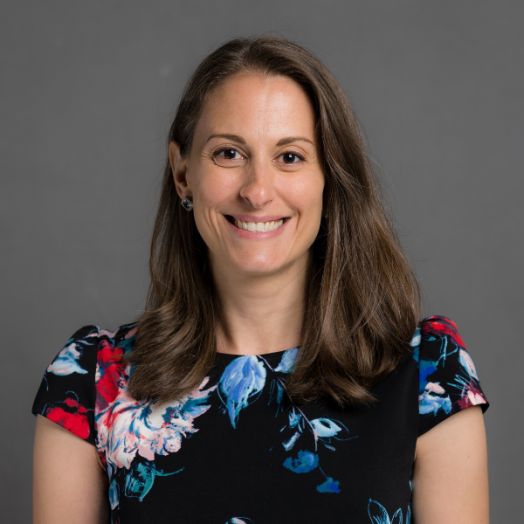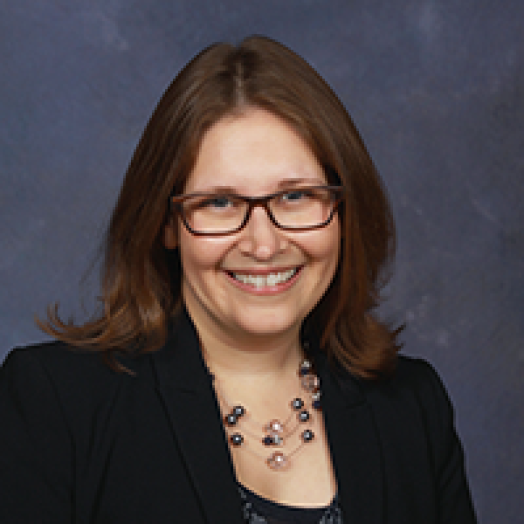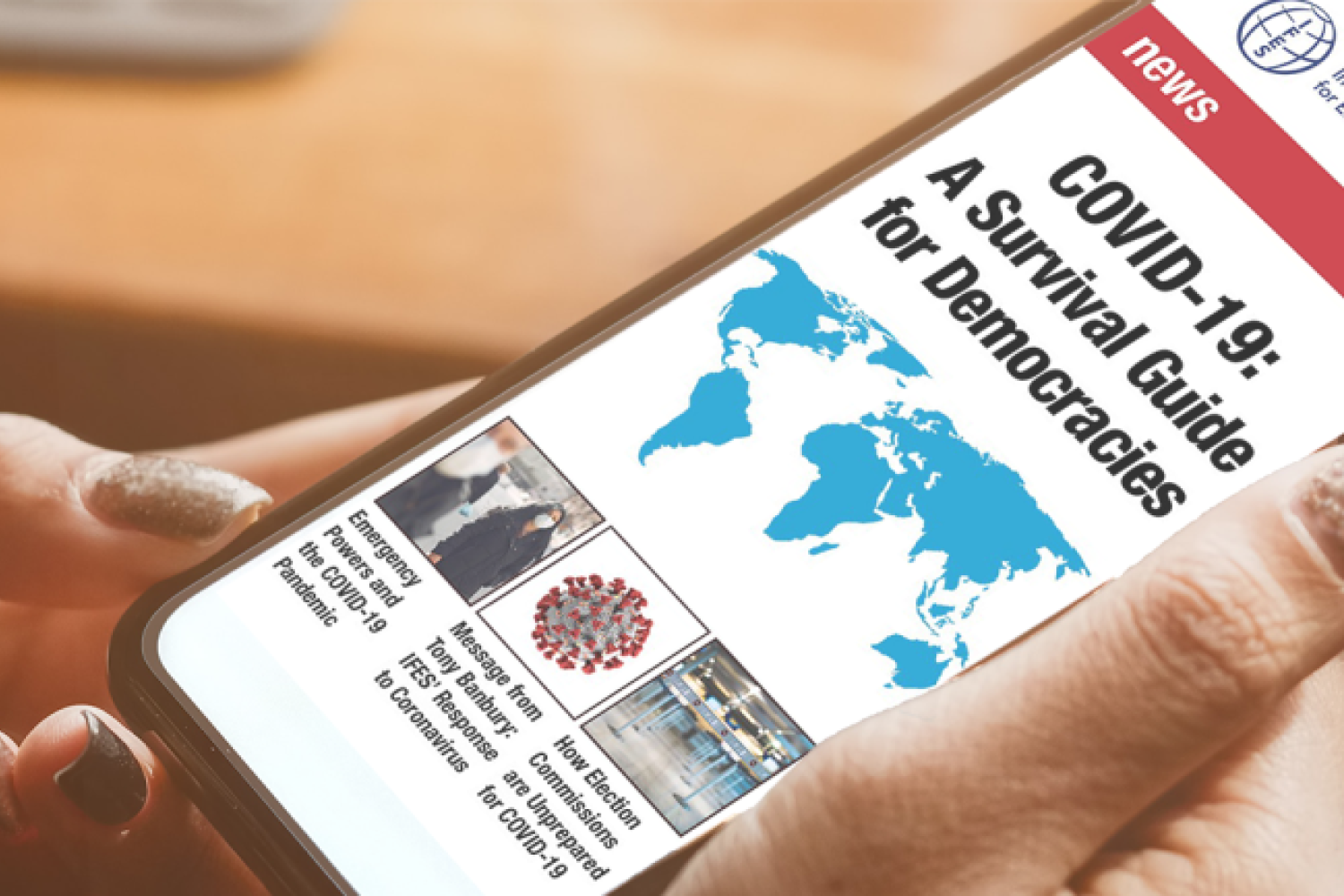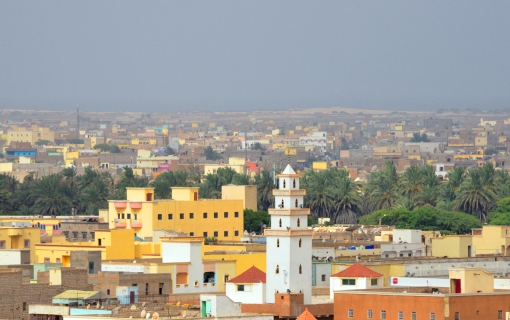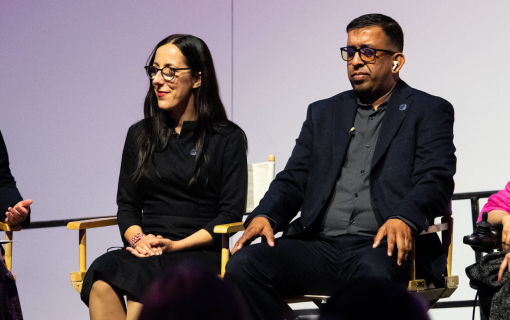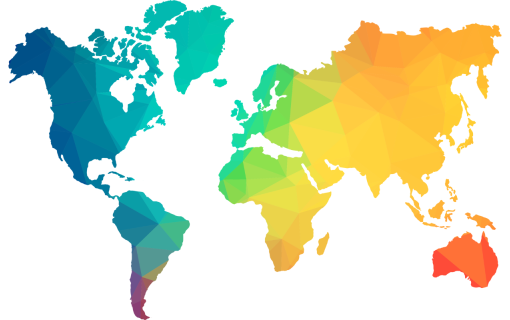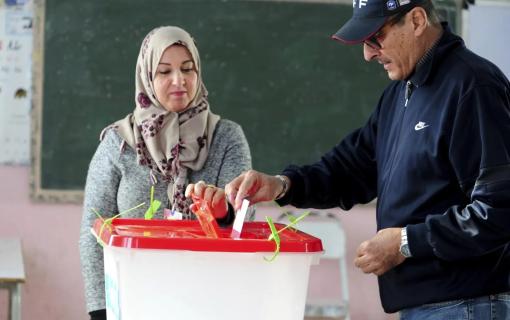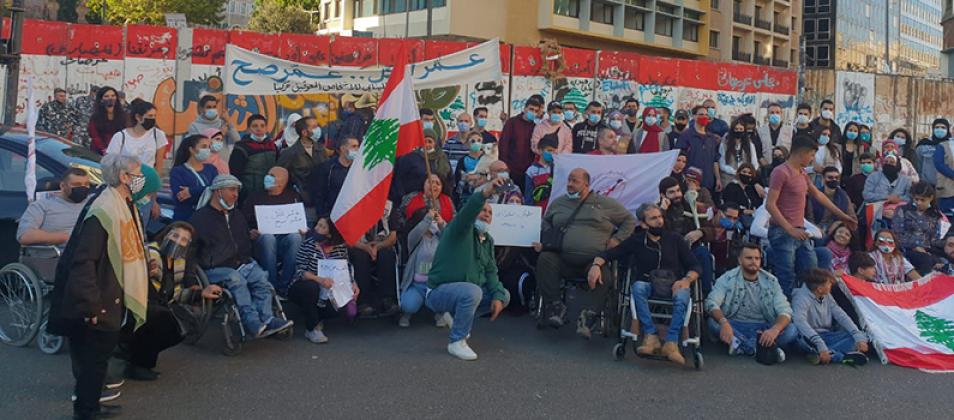
Marching Together in Lebanon Toward Recovering Stolen Rights
by Rona Dbeissi and Elizabeth Reiter Dettmer
On August 4, 2020, an explosion ripped through downtown Beirut, Lebanon, originating from the city’s port, killing over 200 people and destroying homes, businesses and livelihoods. In the midst of a pandemic, an economic crisis that has loomed since last year’s large-scale public protests, and the blast, Lebanese civil society immediately mobilized to provide emergency assistance to those in need.
After witnessing the government’s inability to handle any of the many crises Lebanon faces, the Lebanese Union for People with Physical Disabilities (LUPD) and Committee for the Families of the Kidnapped (CFK) saw an opportunity to shed light on the multiple intersectional human rights issues being ignored across the country. In honor of International Human Rights Day on December 10, 2020, LUPD and CFK co-organized a march to unite people from different backgrounds to call for “recovering stolen rights and rebuilding Beirut in an inclusive way.” By coming together, they sought to unite victims of the past (those who disappeared during the civil war that raged from 1975-90 and in the years since and are presumed kidnapped, missing or deceased) and victims of the present (the families of the 200 dead and the more than 6,000 injured and 300,000 who are now homeless) to demand their basic human rights.
LUPD has been working to help identify and support the hundreds of people who acquired a disability as a result of the Beirut blast. The Lebanese government has not extended any benefits to these individuals, insisting that they are covered by Law 220, which was signed into effect over 20 years ago but has never been implemented in a meaningful way. By facilitating the safe and healthy participation of people with disabilities in this march, LUPD hoped to give them a voice that will gain power and momentum when joined with the voices of others seeking their basic rights.
“This march is a human rights march for all – to make sure that all victims, alive, dead, missing, hurt, traumatized, men, women, families, people with disabilities, refugees, LGBTQ+ community, elderly, and whoever in between is not left behind or marginalized.”
– Sylvana Lakkis, renowned activist and president of LUPD
Over 150 people from all over Lebanon participated in the march that started in Hamra Street and concluded in Riad El Solh Square – passing through iconic locations where the October 17th revolution launched in 2019. The marchers held banners stating “Towards a country respecting all its citizens” and clamored for inclusive and intersectional rights. The march included a stop in front of the Ministry of Interior and Municipalities, where Sylvana Lakkis spoke about several intersectional issues in Lebanon. She highlighted how basic measures to secure the ability to vote independently for people with disabilities and others in Lebanon are nonexistent and emphasized that elections are the basis and cornerstone where citizens’ voices are heard to implement much-needed reforms. March organizers demanded that the post-blast reconstruction process should not exclude any citizen, stressing the role of the minister of interior in this process. The marchers rejected government corruption and called upon all marginalized groups to demand a strategic recovery plan that includes everyone’s rights. “Enough victims, enough marginalization, let us strive together for a country that accommodates all its children. Long live the human rights movement.”
LUPD is one of the International Foundation for Electoral Systems’ (IFES) main partners in Lebanon, along with the ABAAD-Resource Center for Gender Equality, who co-lead with IFES’ support the “Path Coalition: Power in Inclusion and Diversity.” The intersectional coalition is comprised of over 20 civil society organizations, including CFK, that share a common vision and policy platform to protect and advocate for the rights of women, people with disabilities, LGBTQ people, youth, refugees and other marginalized people.
Rona Dbeissi is a project manager at LUPD and Elizabeth Reiter Dettmer is a senior program manager at IFES.
Published on December 15, 2020.





